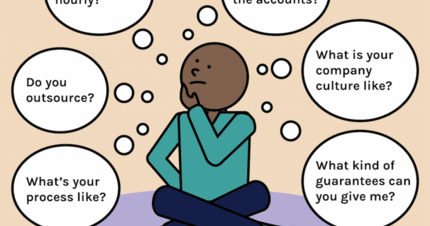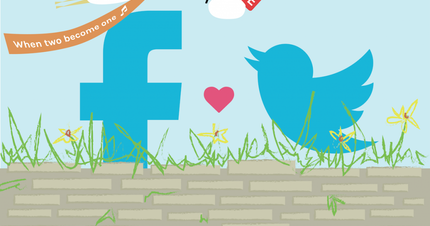Marketing and public relations can be seen as rivals when really, they work better jointly than not. Here are three reasons to consider integrating the two.
Let me set the stage here. Our office happens to have a lot of NBA fans. The other day, we were having a (heated) conversation about the state of the league. Because we’re advertising nerds, somehow our basketball conversations always work their way back around to PPC.
Millennials. I figure by starting this post with this buzzword, people will be hooked. Countless articles discuss how the modern workplace is changing now that millennials will soon make up the majority of the workforce. According to Jacob Morgan, host of the Forbes podcast The Future of Work, millennials are expected to make up to 75% of the workforce by 2025.
Deciding what digital marketing model is right for your business can be incredibly difficult and time-consuming. It’s hard enough for me to pick out an outfit in the morning when I’m half –asleep, so I get it. It’s important to remember that there is no one-size-fits-all solution.
With more and more features updating Facebook and Twitter every few months, it’s clear that the platforms want to move far beyond their original missions. In fact, it seems as if both Facebook and Twitter are striving to become the one all-encompassing social media platform to end all platforms. And yet, by doing so, they’re becoming more and more similar to each other.
If you’re a fan of Instagram or pop culture think pieces, you’ve probably heard about the recent controversy surrounding Instagram celebrity Josh Ostrovsky, more commonly known as The Fat Jewish. The controversy surrounding Ostrovsky serves as a useful parable for all content marketers.
The seemingly endless opinions on the New York Times Amazon exposé have brought to light an important question for people trying to establish and sustain a productive environment and positive work culture: how can anyone be sure how policies, whether formal or informal, are impacting employees? As an insider to crafting and understanding organizational culture, the answer is a simple twist on a popular expression: Ask the people, stupid!






